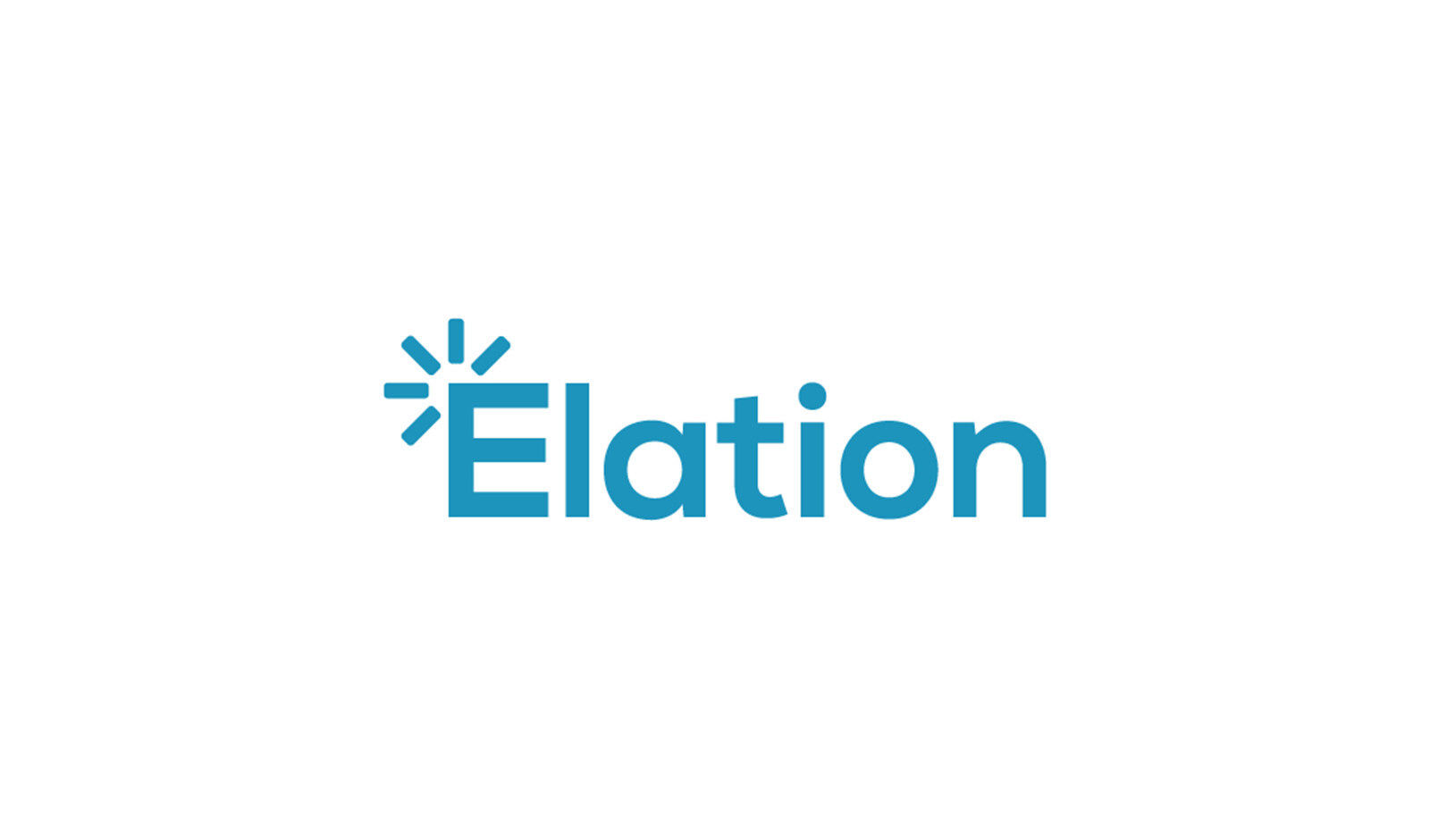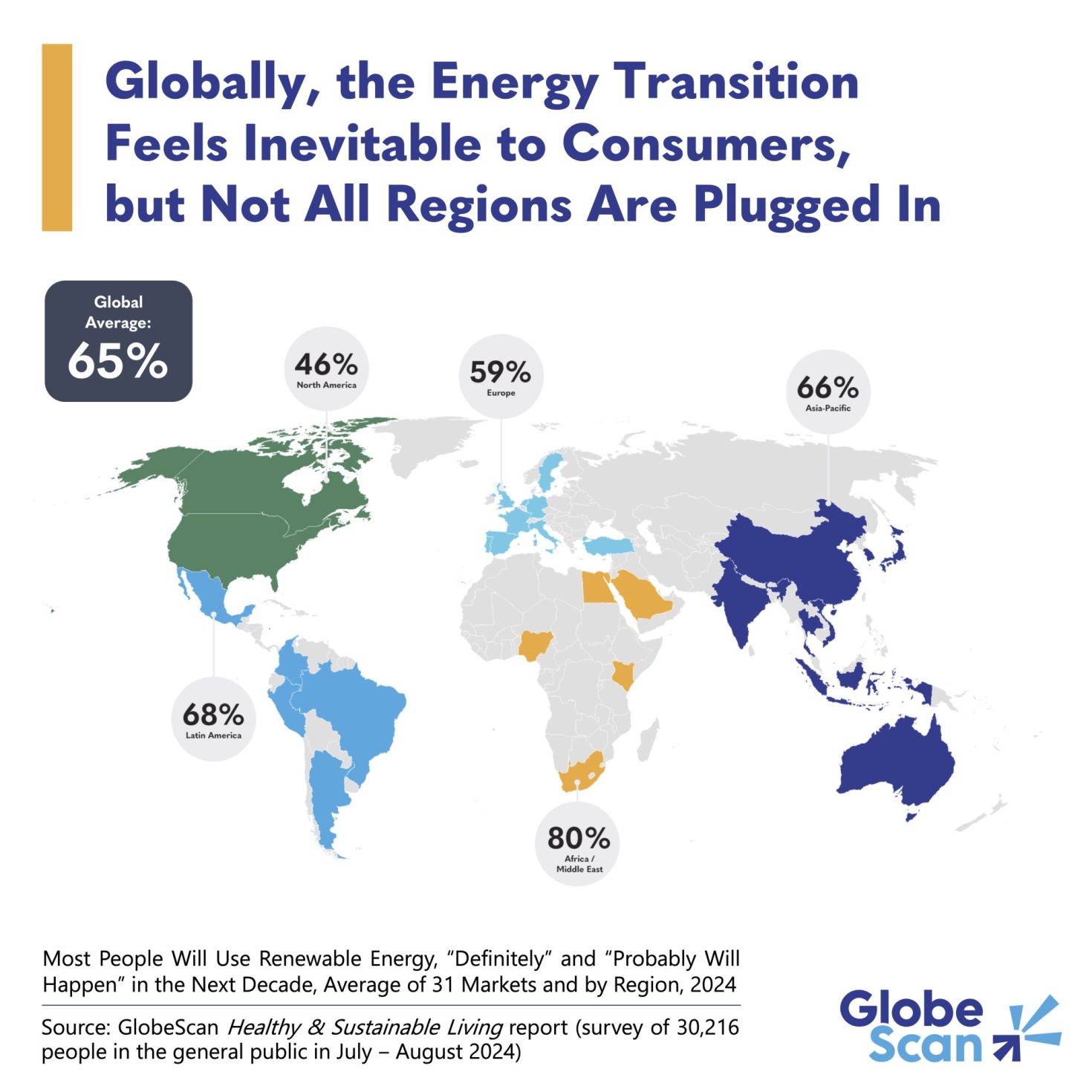Financial Anxiety at an All-Time High, Heavy Toll on Mental Health
What You Should Know: – Financial anxiety is surging across the United States, reaching an all-time high for more than two-thirds of Americans and significantly impacting their mental health, according to a new survey. – The study of 2,000 U.S. adults, conducted by Talker Research on behalf of Doctor On Demand by Included Health, validates ... Read More


What You Should Know:
– Financial anxiety is surging across the United States, reaching an all-time high for more than two-thirds of Americans and significantly impacting their mental health, according to a new survey.
– The study of 2,000 U.S. adults, conducted by Talker Research on behalf of Doctor On Demand by Included Health, validates Included Health’s perspective that mental, physical, and financial health are inextricably linked. The findings underscore a critical need for comprehensive, accessible healthcare solutions that address this interconnectedness – the foundation of Included Health’s personalized, all-in-one care model.
Financial Stress Takes Heavy Toll on Mental Well-being
The survey paints a stark picture of how money worries are affecting Americans, particularly younger generations. Key findings reveal:
- Widespread Anxiety: Over two-thirds of respondents feel their financial anxiety is at an all-time high.
- Generational Disparity: While impacting all ages, financial stress hits younger and middle-aged adults hardest. Anxiety over finances was reported by 71% of Gen Z, 68% of Millennials, and 69% of Gen X, compared to 55% of Baby Boomers and just 31% of the Silent Generation (age 80+).
- Isolation and Decline: A significant 76% of Americans feel alone in managing money-related worries, and one in five (20%) reported a decline in their mental health over the past year.
Healthcare Costs Compound the Problem
Adding to the burden, the cost of healthcare itself is a major barrier to mental well-being and access to care:
- Affordability Impact: One-third (33%) of respondents said healthcare affordability negatively impacted their mental health in the past year.
- Barrier to Care: Nearly three in ten (29%) cited healthcare costs as the primary obstacle preventing them from seeking professional mental health support. Despite the need, only 14% are currently receiving therapy or counseling.
- Workplace Strain: The stress affects daily life, with 40% admitting to taking a mental health day. Worryingly, over half (52%) of those individuals felt they had to lie about their reason for absence, suggesting ongoing stigma.
“At a time when financial stress is meaningfully impacting mental well-being, access to mental health services should not be another source of anxiety,” said Dana Udall, Ph.D, vice president of behavioral health at Included Health. “People deserve clear, affordable pathways to support.”
Americans Recognize Mind-Body Link, Take Proactive Steps
Despite these challenges, the survey shows a growing awareness of holistic health. A large majority (70%) recognize the strong connection between mental and physical health. Many are taking proactive steps to manage their mental well-being through physical means:
- 71% engage in physical activity at least weekly.
- Roughly half focus on getting enough sleep (48%), exercising (48%), and spending quality, in-person time with loved ones (46%).








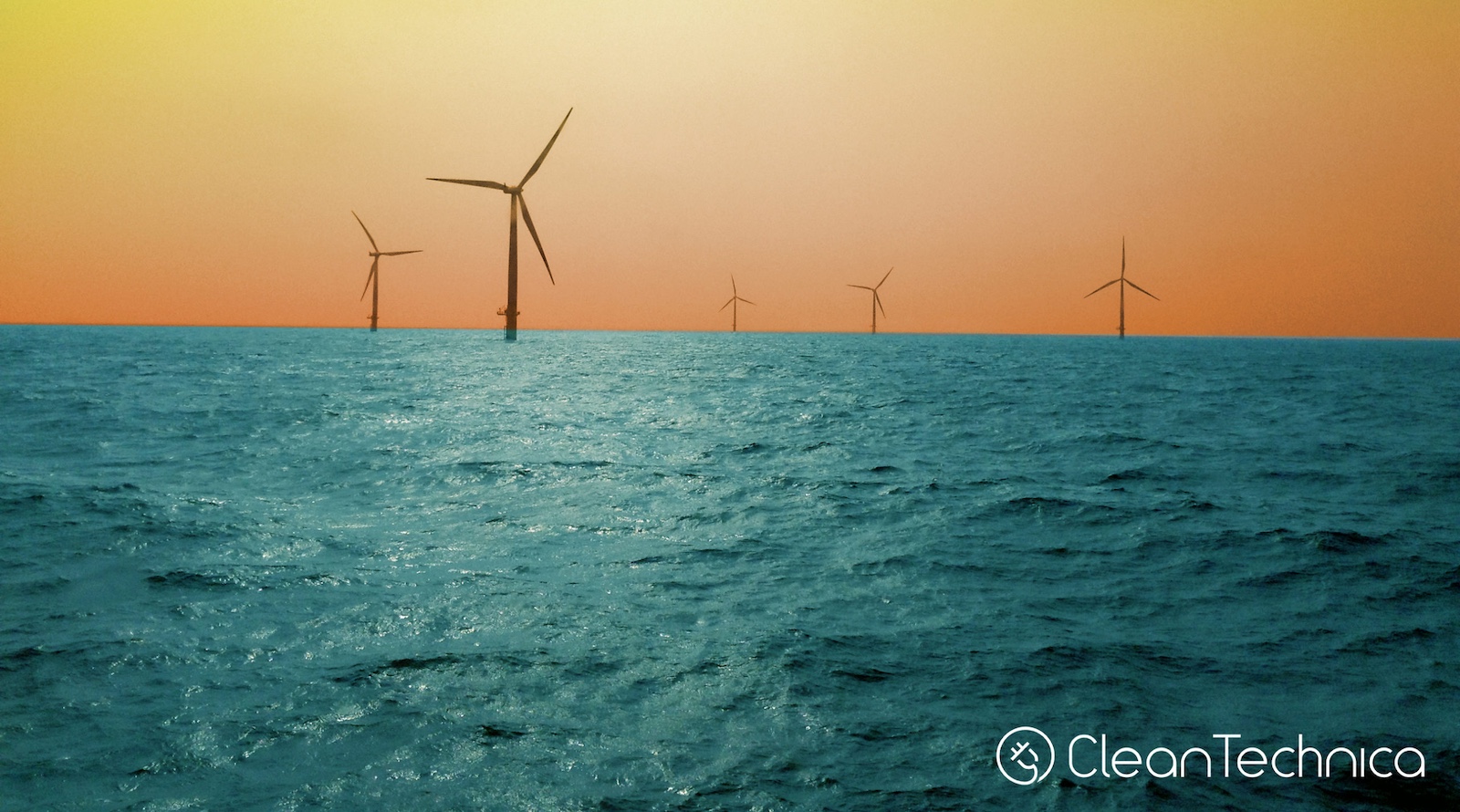



























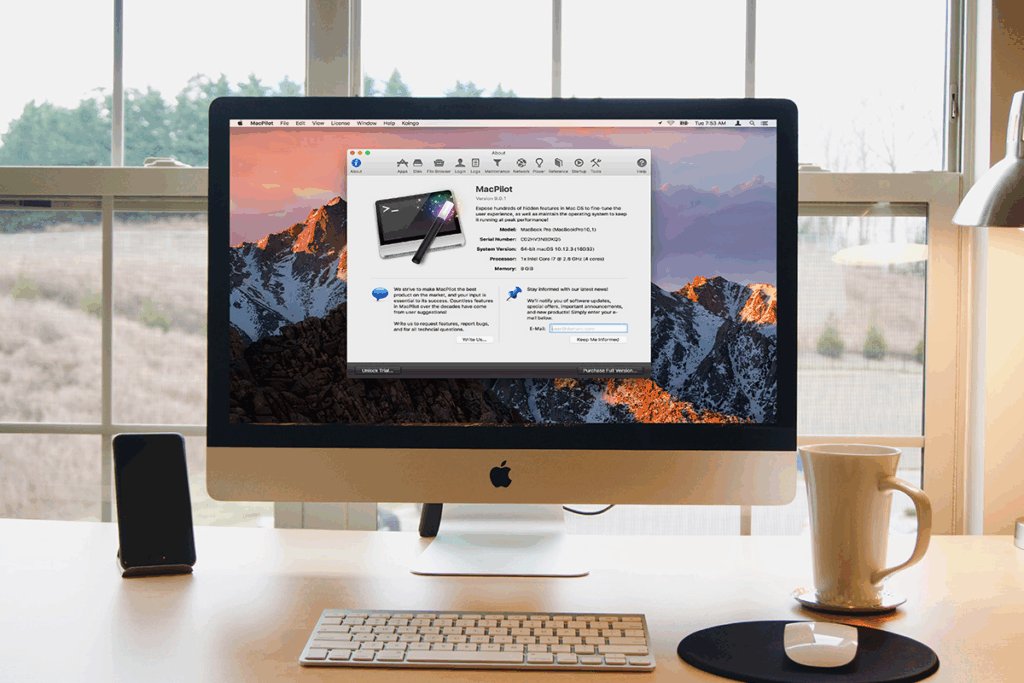

































































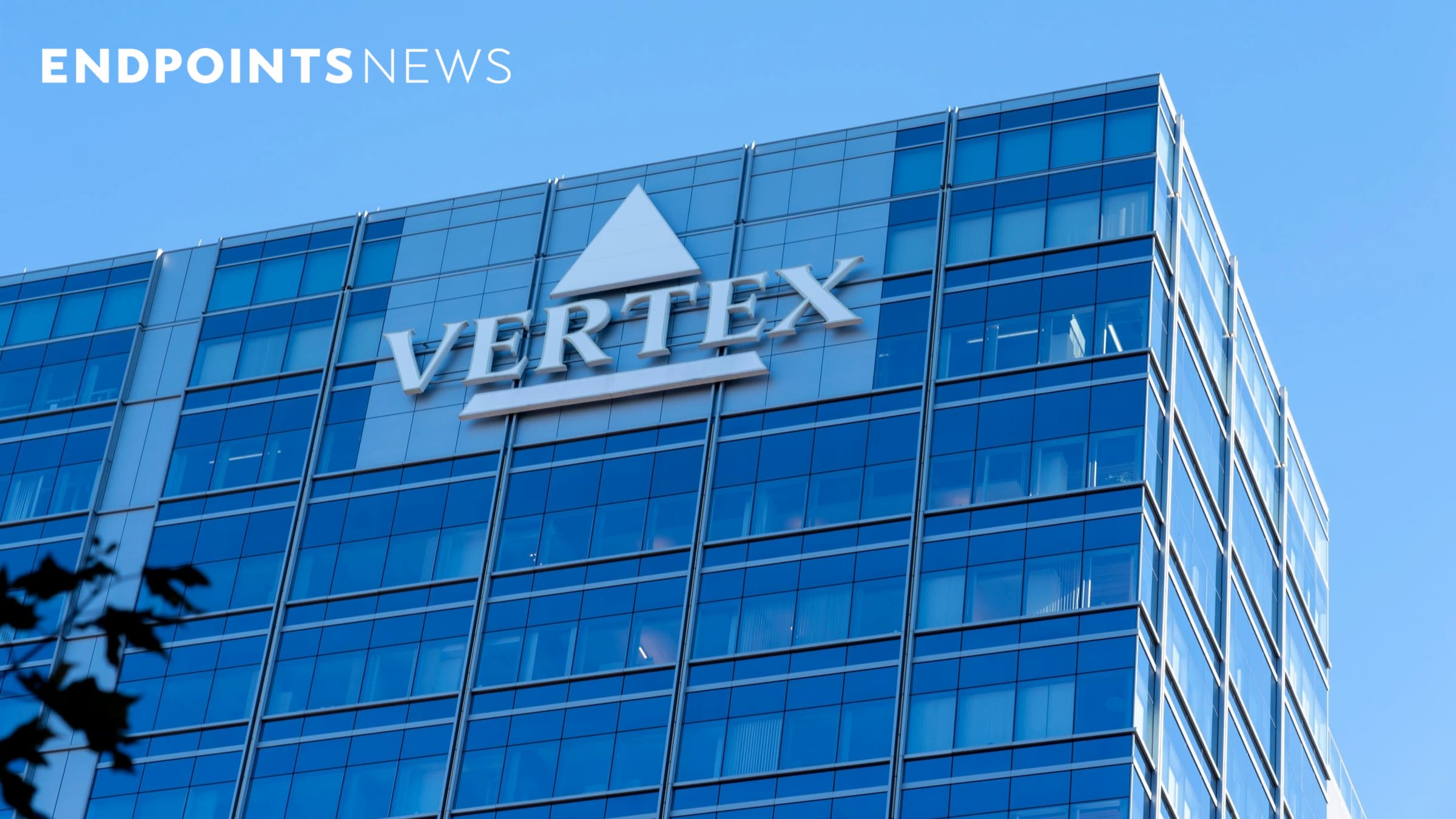
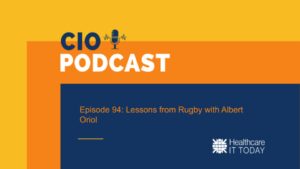















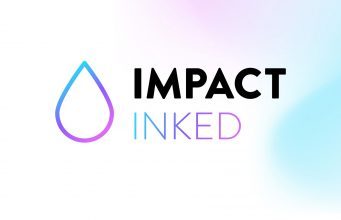





![[Industry Direct] PHI Studio & Agog Are Seeking Immersive Artists for a Four Week Residency Program](https://roadtovrlive-5ea0.kxcdn.com/wp-content/uploads/2025/05/phi-immersive-residency-2-341x220.jpg?#)





















